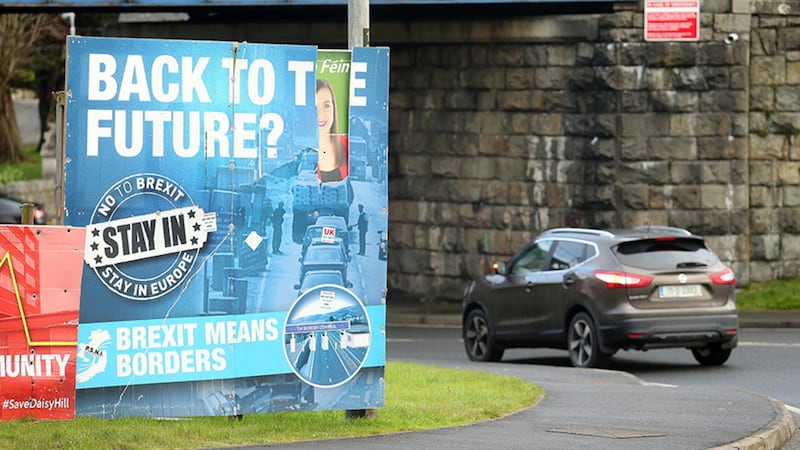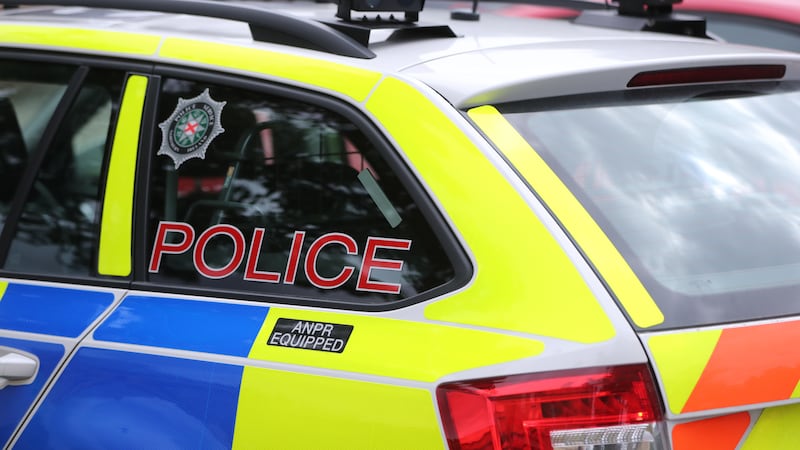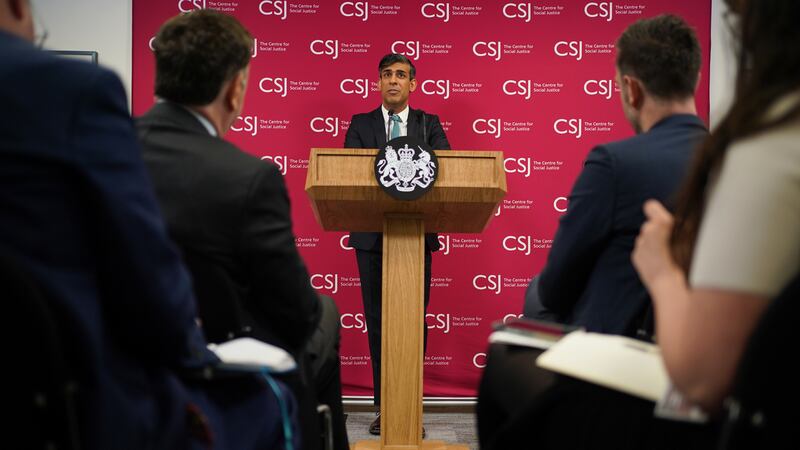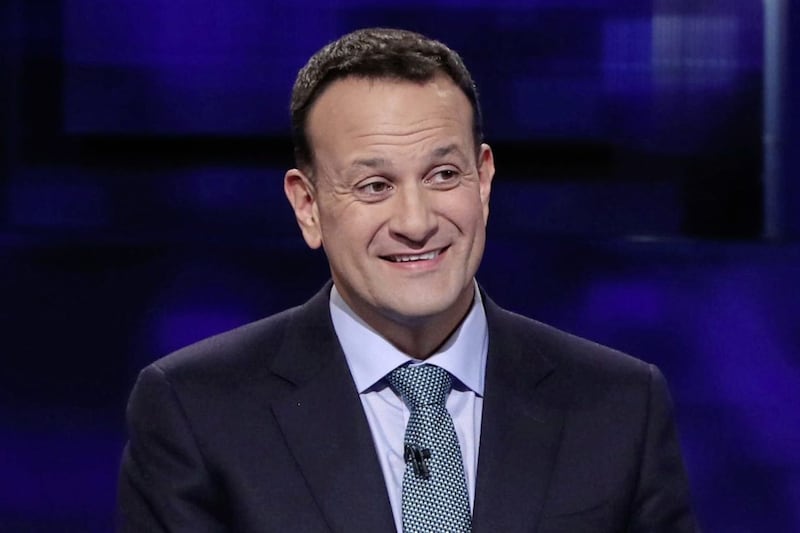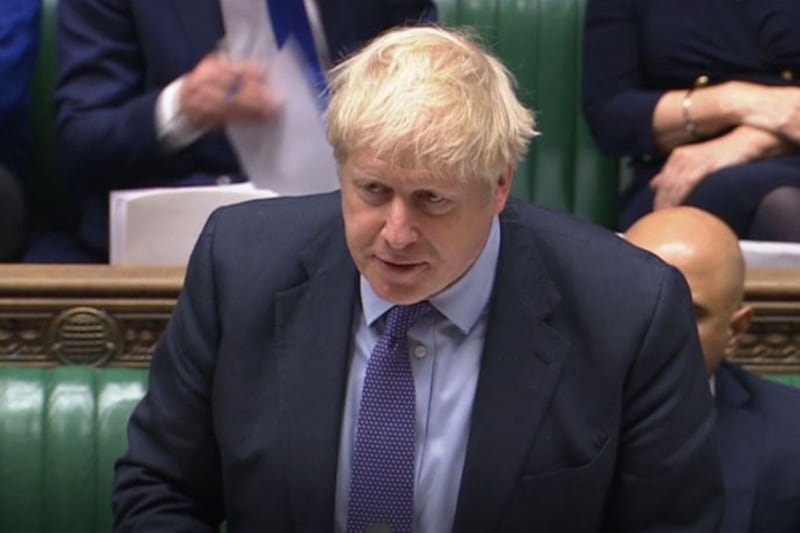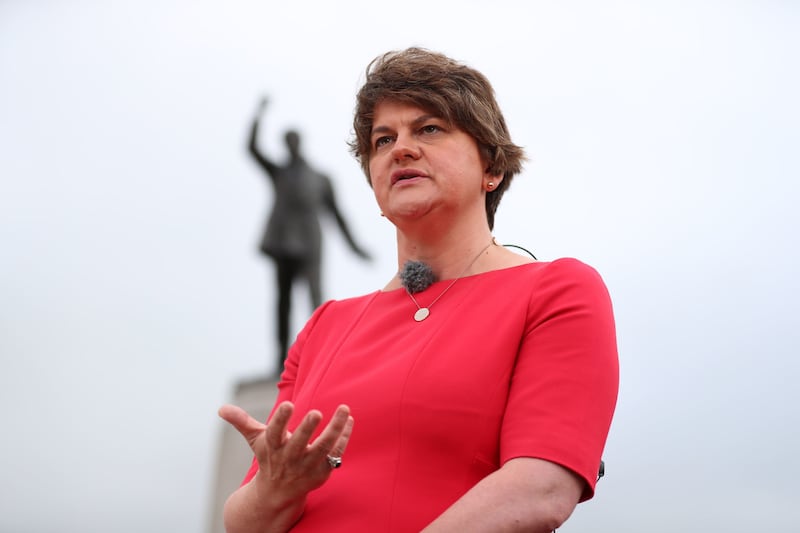Police do not have the numbers to protect a hard Irish border and would be "sitting ducks" for terrorists if they had to regularly and predictably protect other agencies like customs officers at crossing points, a representative body has warned.
Federation chairman Mark Lindsay said: "Numbers are already painfully thin on the ground and, if hundreds were required along a porous border, the situation would inevitably become intolerable and unmanageable.
"No-one wants a 'hard' border, but if there the politicians fail to reach an accord or compromise, it seems something that is a lot less relaxed than what we currently enjoy will be the consequence."
Unionists reject deal they fear would see border at Irish Sea
Brian Feeney: Theresa May in a fix as she bungles the Brexit border deal
Mr Lindsay warned planning for a no-deal Brexit needs to begin urgently as it would cost tens of millions of pounds to secure the 300-mile (483km) frontier.
All sides in the discussions between the EU and Britain are united in opposition to a heavily-militarised border that characterised arrangements during the Troubles.
The border encompasses largely remote areas and contains around 275 crossing points.
Mr Lindsay claimed there would have to be a very significant increase in the number of officers in the PSNI to secure it.
"Imagine, therefore, what would happen in communities all over Northern Ireland if officers were to be transferred to do border security duties alongside other agencies such as HM Customs & Excise? Cities and towns would see officer numbers decimated.
"Contingency planning has to begin as a matter of urgency."
The Federation has been calling for an increase in the number of officers for years.
Mr Lindsay said the present below-par total of fewer than 6,700 was already a few hundred below what Chief Constable George Hamilton said he required.
In October the PSNI launched a new recruitment drive and said they were hoping to sign up 300 new officers.
Next year some 730 are eligible to retire - 11% of the workforce. A further 331 can retire over the following two years, the Federation disclosed.
Mr Lindsay said recruitment was unable to keep pace with the numbers leaving, and those figures do not include officers departing for alternative, less stressful employment.
He added: "It's worth recalling that before the mid-90s (during the Troubles), the border was secured with double the current number of officers, backed by considerable military support.
"We already see considerable negative impacts on service resilience and delivery.
"Our officers are working consistently long hours and far too many are suffering a range of physical and psychological illnesses, such as stress, as a result.
"So, we simply don't have the numbers to protect the other agencies which would be deployed at designated border crossings."
The terrorist threat level posed by dissident republicans is rated as severe.
Mr Lindsay said: "It would be an act of complete folly to order our men and women to undertake static duties in extremely exposed areas.
"Border duties would place our officers at an unacceptable risk.
"Setting predictable patterns along any static border establishments would mean our officers would be 'sitting ducks' for terrorists who want nothing more than to murder police."
